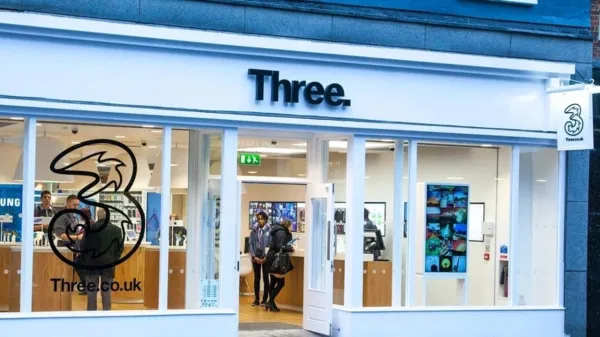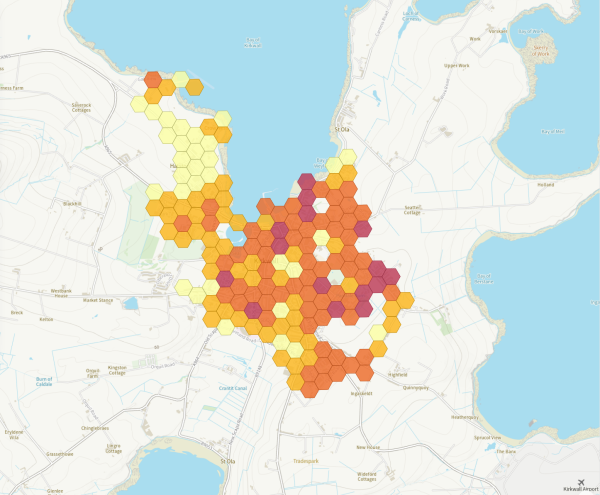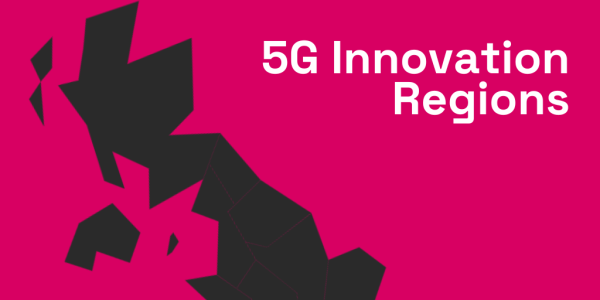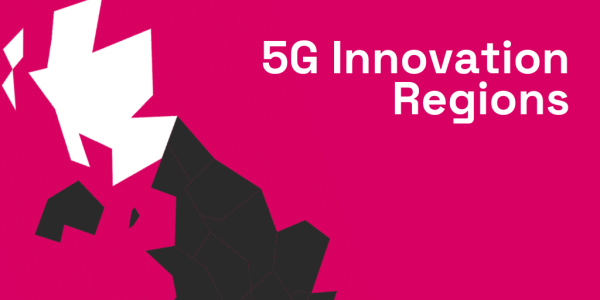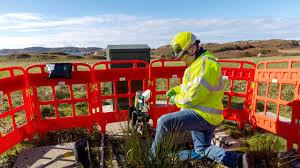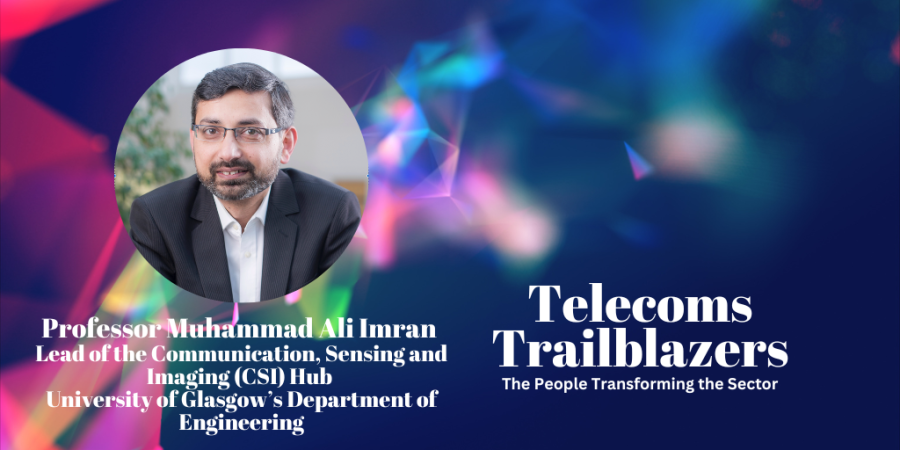
Hello, I’m Professor Muhammad Ali Imran and I lead the Communication, Sensing and Imaging (CSI) Hub at the University of Glasgow’s Department of Engineering. I’m particularly interested in energy-efficient cellular systems and frugal networking solutions.
CSI Hub encourages researchers to focus on their areas of strength: we cover a wide spectrum of technology readiness levels, from blue-sky theoretical ideas to commercialisation and spin-out activities for business ventures. Translating telecoms research into the industry is crucial, and the hub provides resources that facilitate a pipeline of upscaling to benefit society and the national economy.
The university has been involved with multiple DSIT-funded projects under the Open Network Ecosystem competitions: BEACH is implementing an energy-efficient shared mobile network in Worthing that adapts to rapid changes in user demand; SCONDA (Small Cells ORAN in Dense Areas) seeks to address the unique technical and commercial challenges of high-density demand areas; and ON-SIDE aims to tackle the challenges associated with deploying private 5G StandAlone (SA) networks operating in shared access radio spectrum, such as obtaining suitable spectrum licences and affordability of kit – while supporting the UK government and Ofcom’s broader telecoms diversification and spectrum management strategies.
Collaboration is a key part of this work, and we have strong partnerships with The University of Strathclyde and the Scotland 5G Centre in addition to industry giants like BT, VMO2, AWTG and DenseAir. Together we hope to create a prosperous, connected future.
What do you enjoy most about working in this space?
Turning complex technical challenges into practical solutions that have a real-world impact. Bridging the gap between theory and application is incredibly satisfying, whether it's through developing self-organising networks that enhance energy efficiency or creating frugal networking solutions to connect the unconnected. Every day presents an opportunity to innovate, collaborate, and contribute to a more connected and inclusive world.
What’s the most ridiculous thing you’ve done in the name of work?
I showed up to the conference, ready to give my keynote as *Muhammad Ali Imran*. The talk went great, and the audience seemed enthusiastic—though their reactions were a bit... odd. People kept giving me strange looks, whispering, and saying things like, “You’re really convincing!” and “You’ve nailed this act!”
Hours later, an attendee cleared up the confusion: the conference had printed the wrong photo. Instead of my picture, they’d accidentally used a colleague named *Ali Imran* from Google. All day, people thought I was pretending to be him!
The best part? Everyone was *impressed* by how well I was pulling off the impersonation of a good researcher. In reality, I had unknowingly convinced them I was a master at impersonating… myself.
Lesson learned: always check the photo they use for your bio. Or don’t—because apparently, mistaken identity can leave quite the impression!
What excites you most about working in telecoms?
The industry’s dynamic and fast-evolving nature. I’m motivated by the opportunity to drive meaningful change, whether it’s through developing innovative technologies or shaping policy. There is a unique blend of creativity, engineering and strategy involved, and it is thrilling to work with diverse stakeholders — from students and researchers to industry leaders and government policymakers — all striving towards a common goal.
What would you like people to know about your work?
My work is focused on ensuring that telecom advancements translate into real benefits for society. This includes energy-efficient networking, developing affordable connectivity solutions for underserved communities, and influencing spectrum policy with users of spectrum and government bodies. I believe that innovation must be inclusive, sustainable, and driven by the needs of both people and businesses. I am also proud of training future telecom leaders and fostering an inclusive environment through promoting Equality, Diversity, and Inclusion (EDI) within the sector.
Why is a vibrant, flourishing telecoms ecosystem important for the UK?
Telecoms are a critical pillar for the UK's economic future. A robust and innovative telecoms ecosystem will not only enhance our connectivity and digital infrastructure but also position the UK as a global leader in technology. By fostering research and innovation, attracting investments, and promoting sustainable practices, we can unlock significant economic potential, create high-quality jobs, and ensure that the UK is at the forefront of the next generation of telecom technologies, like 6G.


